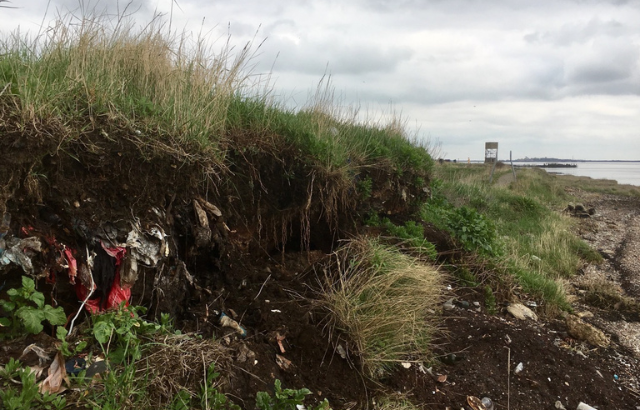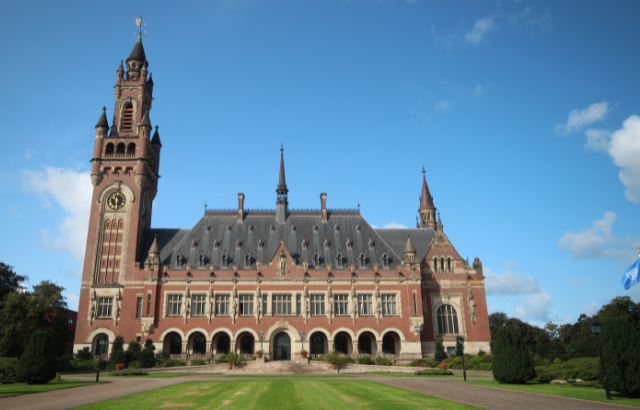Queen Mary’s People’s Palace Projects research sheds light on violence and mental health in Brazilian favelas
Favela residents with more personal experience and fear of violence have higher levels of mental distress and poorer quality of life, according to the main finding of the international research Building the Barricades.

Published in the Lancet Regional Health - Americas, it is one of the first studies in the world to explore the relationship between experiences of neighbourhood violence and mental distress in the context of informal urban settlements. The research investigated the impact of armed violence on the mental health and wellbeing of 1,400 people living in 16 communities in Maré, the largest favela complex in Rio de Janeiro.
The territory is controlled by different armed drug gangs and local militias, imposing their rules and impeding any normal police access. The police force enters the favelas only in heavily armed groups and run war-like operations marked by intense clashes with the different drug gangs and militia groups. In 2019 alone, 39 police operations occurred, during which 34 residents were killed.
The study showed that over one third of residents surveyed between 2018-2020 suffered with mental health issues such as anxiety, depression, stress post-traumatic and suicidal thoughts, or attempts. 78 per cent feared getting hit by a stray bullet; 83 per cent worried that someone close to them would get hit by a stray bullet; and 50.4 per cent had suffered physical or verbal aggression.
A substantial number of interviewees have experienced different types of violence at least once: 33 per cent were caught in crossfire; 21 per cent experienced someone close being shot or killed; 14 per cent saw someone being shot or killed, and 20 per cent saw someone being beaten or assaulted.
In addition to surveying residents, the research team conducted in-depth interviews, organised focus groups and mapped health and social service support, as well as cultural activities available to the communities that provide support to improve their wellbeing. From June to October 2020, the research team also conducted three sub-studies to understand the impact of the Covid-19 pandemic on residents’ mental health, wellbeing, cultural activities and income generation.
The findings of Building the Barricades were presented in a webinar in Brazil and have been widely covered by the Brazilian national press. People’s Palace Projects and partner civil society organisation Redes da Maré also launched a mental health awareness week in Maré, Rio de Janeiro. The programme included distributing an education guide about mental health, promoting debates with policy makers and social workers, and holding a live show with young poets from the territory - Becos, an immersive performance in 10 parts.
“Mental health is not something you can simply take a pill for, like a headache. We must talk about it and provide care to those in need. During our arts interventions we asked if we should be dealing with mental health individually or collectively. How can I look after my mental health and support the wellbeing of people around me?“, asked Paul Heritage, Director of People’s Palace Projects, Professor of English and Drama at Queen Mary, and the principle investigator of Building the Barricades.
“Completing a large population-based survey in the challenging context of a favela is an extraordinary achievement. The study provides good evidence that even within the adverse living conditions of a favela, many people are resilient and do not suffer from mental distress. However, more experiences of violence and fear and extreme poverty are all associated with higher levels of distress” said Professor Stefan Priebe , co-investigator and Professor for Social and Community Psychiatry at Queen Mary.
The research was funded by The Economic and Social Research Council, the Arts and Humanities Research Council, the Global Challenges Research Fund, and Arts Council England. It will be presented at Queen Mary University of London in November 2021.
Related items

10 December 2024

10 December 2024
